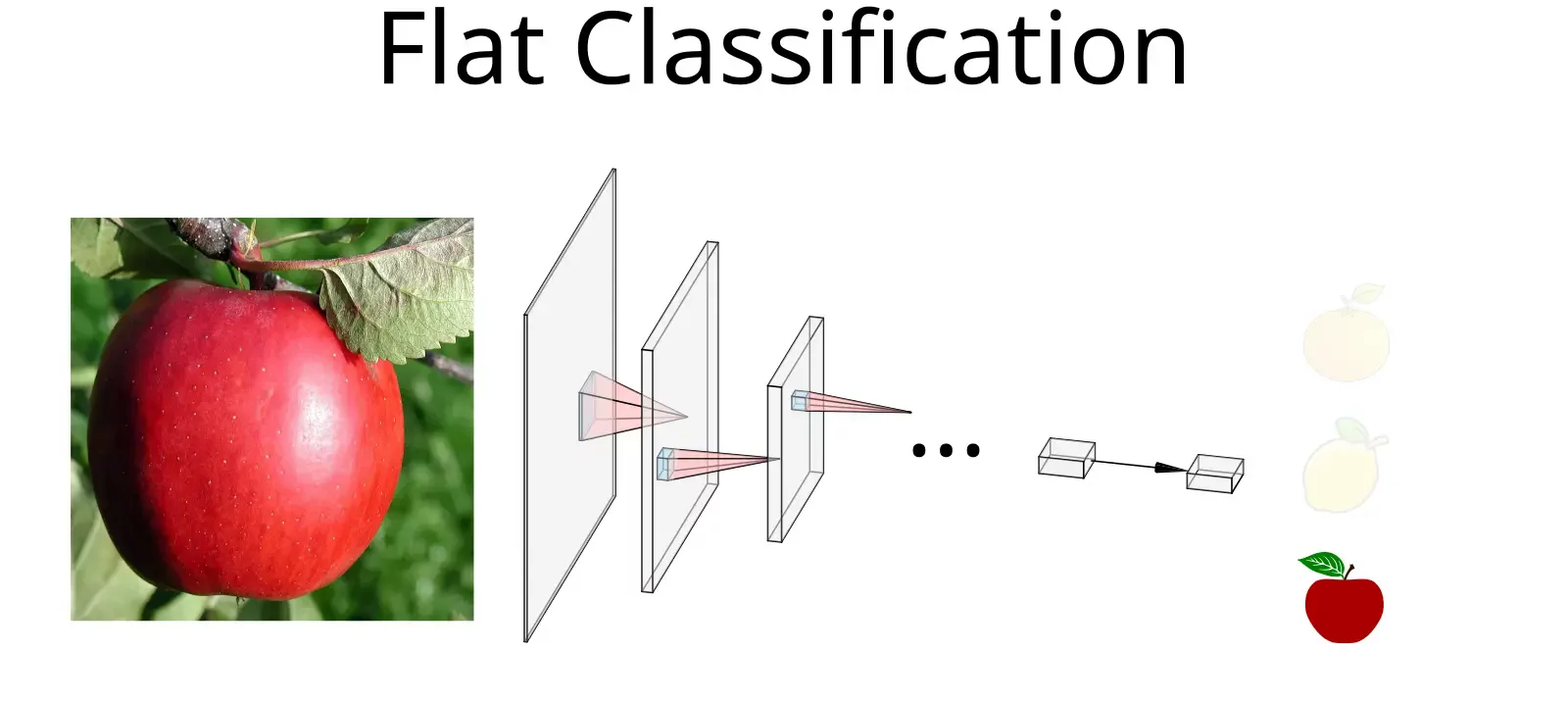PhD Position in Machine learning and agricultural ecology: hierarchical deep learning for better automatic pest classification and biodiversity monitoring in agroecosystems

Open PhD Position
Please also see the official posting.
Project Summary
This PhD project aims at developing novel algorithms and annotation tools for hierarchical classification, which has profound and immediate applications to both agriculture and ecology.
Project Description
Context
Recently, remarkable innovations in deep learning have begun to transform agriculture – arguably, the most impactful human activity on earth. If used appropriately, machine learning and AI have the potential to drive a digital green transition that could make agriculture more sustainable, resilient and productive.
One increasingly important data-science task in agriculture is image classification, which is crucial for detecting, monitoring, and eventually mitigating the impact of weeds, pests and diseases. When applied to agricultural problems, image classification generally suffers from three important limitations: 1. low generalisability – i.e., it translates poorly to new contexts –; 2. data-hunger – i.e., large training datasets are required –; and 3. the lack of accessible implementations for practitioners.
As an alternative to the conventional “flat” classification, we propose to take advantage of the underlying hierarchical taxonomies of the predicted classes to constrain them in a priori trees, a currently underexplored area. As a simplistic illustration, instead of considering oranges, apples and lemons as independent, we may formulate the explicit tree: {{orange, lemon}, apple}, i.e. grouping citrus fruits, and embed this representation in the structure of a neural network.
Outcomes
The successful applicant will use already available datasets to explore hierarchical classifications and test our hypotheses: increased prediction generalisability and network robustness as well as reducing the amount of data required. This project aims to produce both seminal machine-learning concepts and free and open-source tools for real-world problems.
Research Group
The successful student will integrate the growing Digital Approaches for Resilient and Sustainable Agriculture (DARSA) group, started in 2022, at the Center for Quantitative Genetics and Genomics (QGG). Both the group and the centre are inclusive and multidisciplinary environments with a range of local and international collaborations. The research takes place at Aarhus University, a world-leading institution located in a vibrant city.
Applicant’s Profile and Eligibility
We believe that diversity makes us better at tackling complex problems. Therefore, we strongly support applicants with a diverse background and are committed to promote inclusion and equity.
Overall, we expect the applicant to:
- Hold a Master’s degree in data science, mathematics, physics, computational biology or another quantitative field
- Be at least familiar with deep learning, image processing and general database architecture
- Have strong programming skills (in particular, experience working with scientific languages (e.g.
R,Python) and packages (e.g.Pytorch,Tensorflow,Scikit-learn,Numpy,PandasandOpenCV) - Have an interest in digital and sustainable agriculture and ecology
- Be fluent in English (written and spoken)
- Demonstrate advanced collaborative and interpersonal skills
Supervision
Our primary goal is for our students to succeed by helping them to develop and achieve their career goals. As such, we support and help students take the project in their own direction, within the original scope, and encourage flexibility as well as new viewpoints as the project moves forward. The successful applicant should expect a weekly meeting with Quentin Geissmann, their direct supervisor. Students are encouraged to collaborate within and outside of the group, and will be given (funded) opportunities to present their research at international conferences. We also consider it the supervisor’s role to ensure students feel safe and included in their work environment.
Location and Facilities
The research takes place in the QGG at Aarhus University (AU). AU is a world-class university (the largest in Denmark), with outstanding opportunities for collaboration on this particular project. For this project, we have access to various High-Performance Computing platforms and workstations, including GPUs. In addition to these computational resources, we are building an “AI lab” to prototype hardware (cameras, edge computing, …) in-house, and have access to larger infrastructure through our collaborations with the engineering department. Aarhus itself is a vibrant city with an active cultural life, a dynamic student community and a very high standard of living.
Administrative Considerations
Timeline
The application deadline is December 20th 2022. The expected start date is July 1st, 2023, but this is somewhat flexible (as it may depend on personal situations, getting a visa, etc). The total duration of the PhD is three years.
Stipend
The PhD salaries are set at the university level and defined in this table – the exact numbers depend on previous post-graduate work experience, and the taxation system is somewhat complicated, but expect to have a net salary of approximately 18,000 DKK (≈2,400 Euro) per month. Overall, Denmark is one of the countries where students earn the most.
How to Apply
In order to ensure a fair assessment of all applicants, the graduate school implements an official procedure. Please refer to the formal offer on the university’s website, which will direct you to an online form.
Questions
Meanwhile, do not hesitate to contact us if you have questions, or want to discuss your interest, ideas… Then, please enclose a CV and a brief description of your motivation.